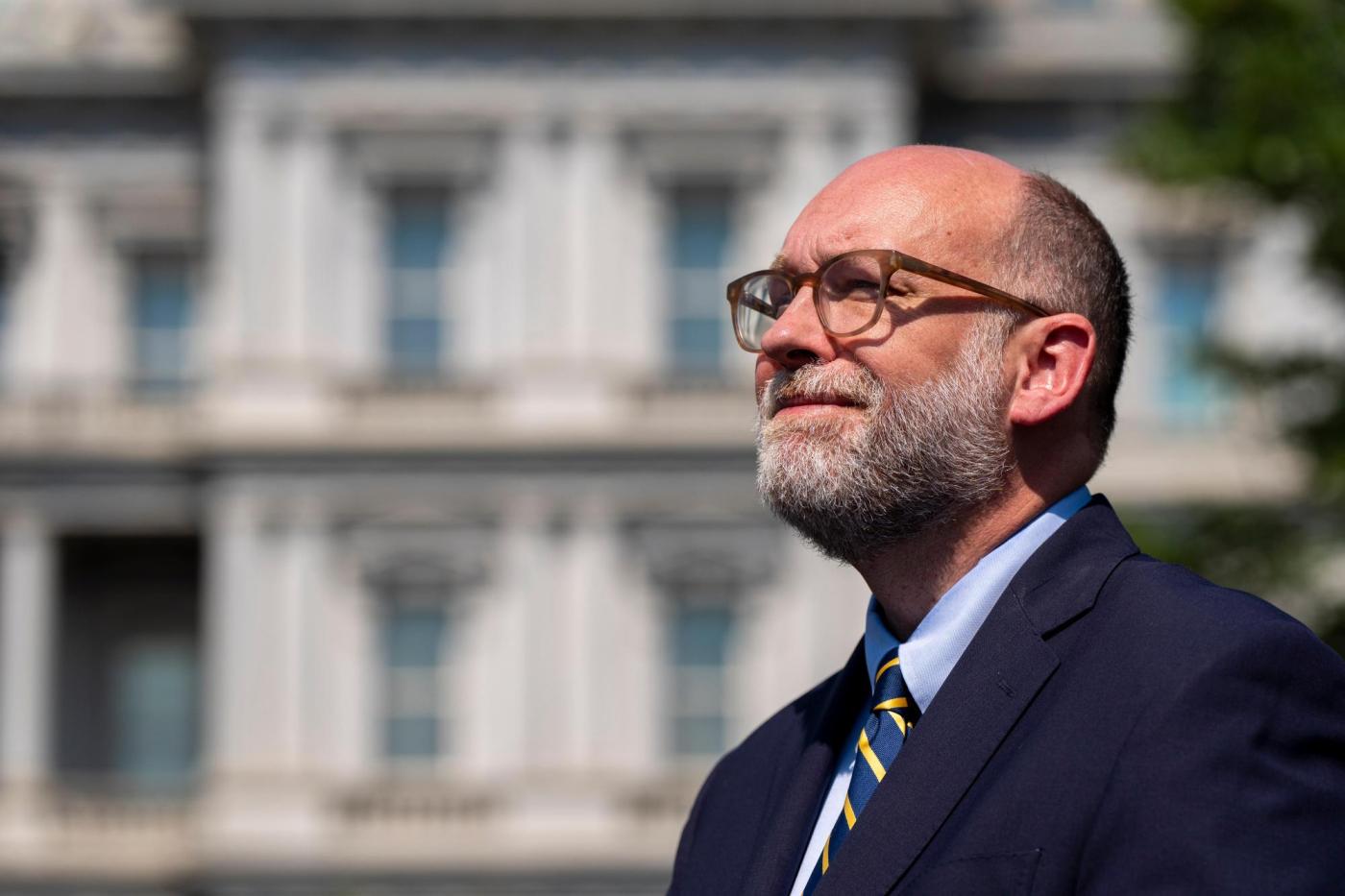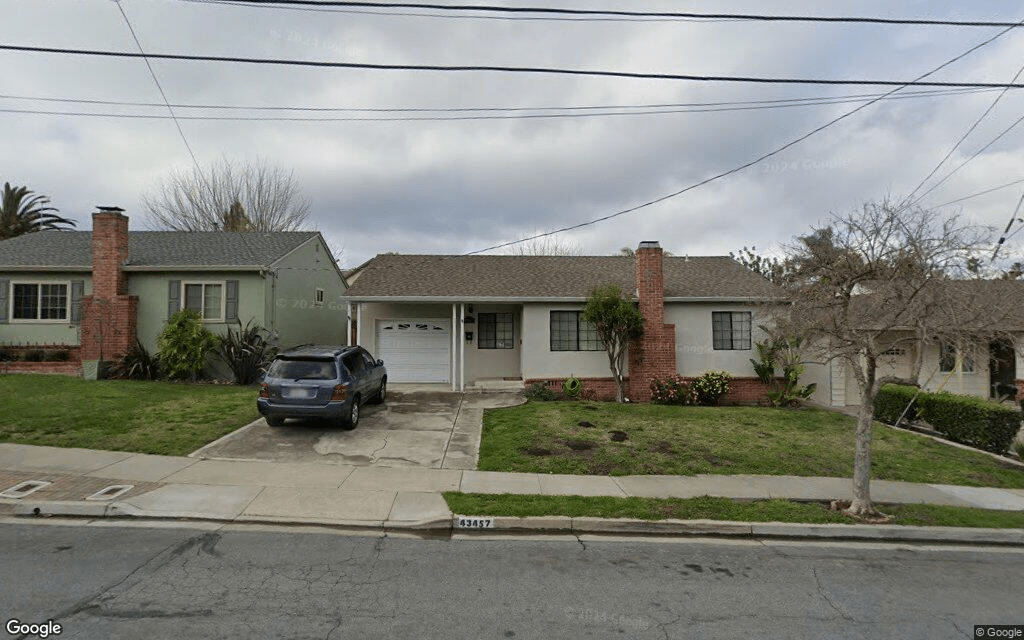Oakland’s city charter, the document defining who does what in City Hall, is failing its residents and must be changed.
I know this firsthand. I was on the Oakland City Council in 1998 when Mayor-elect Jerry Brown convinced voters to pass Measure X, which transformed our government from a traditional council-manager structure to the unwieldy three-branches-of-government model we have today.
I supported Measure X back then, believing that a mayor independent of the City Council would benefit Oakland. I was wrong. No mayor since Brown has been judged by the public to be overwhelmingly or even reasonably successful — not because they were bad leaders, but because the city’s flawed charter makes success impossible.
Oakland’s current system, including competing branches and organizational disconnections, is inefficient and ineffective. The mayor has no vote on important public policies, the council lacks meaningful oversight of daily operations, and the elected city attorney must balance representing the city and securing reelection. Worst of all, the city administrator is tied to the mayor’s term, creating a revolving door of top managers that erodes institutional memory.
The results speak for themselves. Once considered a well-run, innovative city, Oakland now struggles. We’ve recalled the mayor, had six permanent and interim city administrators in just five years, and endured a series of ongoing financial crises. The result? About three-fourths of residents believe the city is on the wrong track.
I applaud Mayor Barbara Lee for making charter reform one of her top priorities, and I believe this can be her most important and lasting legacy. I fully support her proposal to form a task force to design a better system, and urge that task force to place a measure on the ballot next June, before the November 2026 mayoral election. Mayoral candidates should know what system they are seeking to lead, and voters should have the chance to choose the candidate most qualified for that job.
At the risk of getting ahead of the process, my personal preference is for Oakland to return to a council-manager system, where the mayor serves as chair of the council and a professional manager oversees daily operations.
In this hybrid model, the mayor would chair the council, taking a stronger role in setting policies, shaping budgets and leading the public agenda. She might even be granted veto power. A professional city manager, meanwhile, would manage day-to-day operations and report to the entire council, not just the mayor. This setup would preserve professionalism and continuity while giving the mayor clear leadership, responsibilities and accountability.
Voters, meanwhile, should also return the city attorney from an elected to an appointed position. This change would allow the city attorney to serve the Oakland government as a single client rather than navigating competing loyalties.
If supported by voters, this new structure would combine the accountability and expertise of the council-manager system with an empowered mayor. It would feature a highly visible mayor with enough power to deliver on promises, a council with meaningful oversight, a city attorney who serves the government and a professional city administrator capable of delivering city services effectively despite political turnover.
Oakland’s future is at stake. An amended city charter with clear lines of authority will improve accountability and city operations, delivering the more transparent, responsive, efficient and effective government that Oaklanders deserve.
The moment for change is here. Let’s not waste it.
Nate Miley is a member of the Alameda County Board of Supervisors.





